The Dirty Truth: Are You Eating More Pesticides Than You Think?
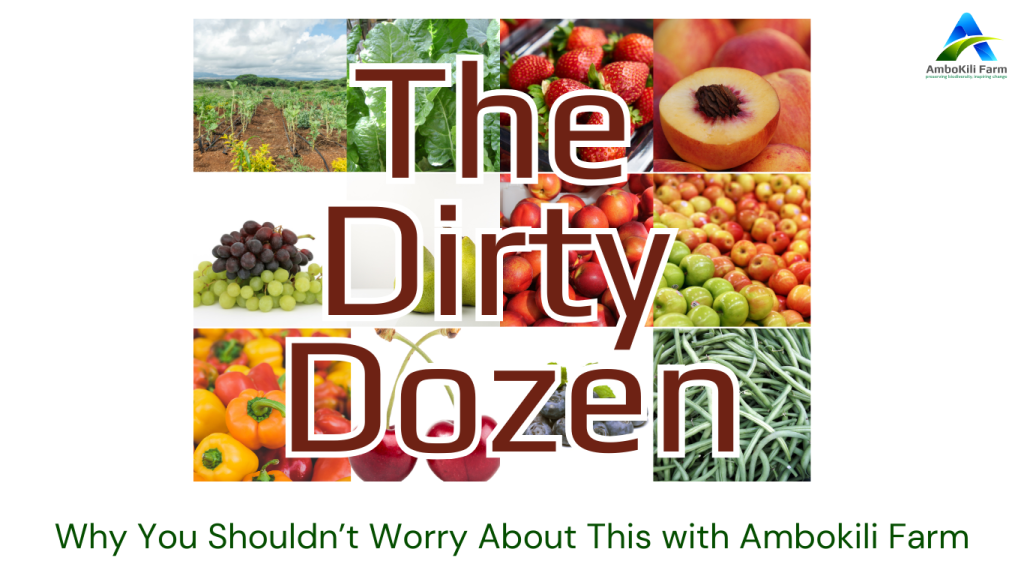
Imagine taking a bite of a crisp, juicy apple, feeling good about your healthy choice. But what if I told you that apple might be laced with more than just vitamins? In fact, it could be carrying a cocktail of pesticides, some of which are linked to serious health issues. Surprised? I bet not! Let’s […]
Empowering Women in Agriculture: The Unseen Backbone of Rural Economies
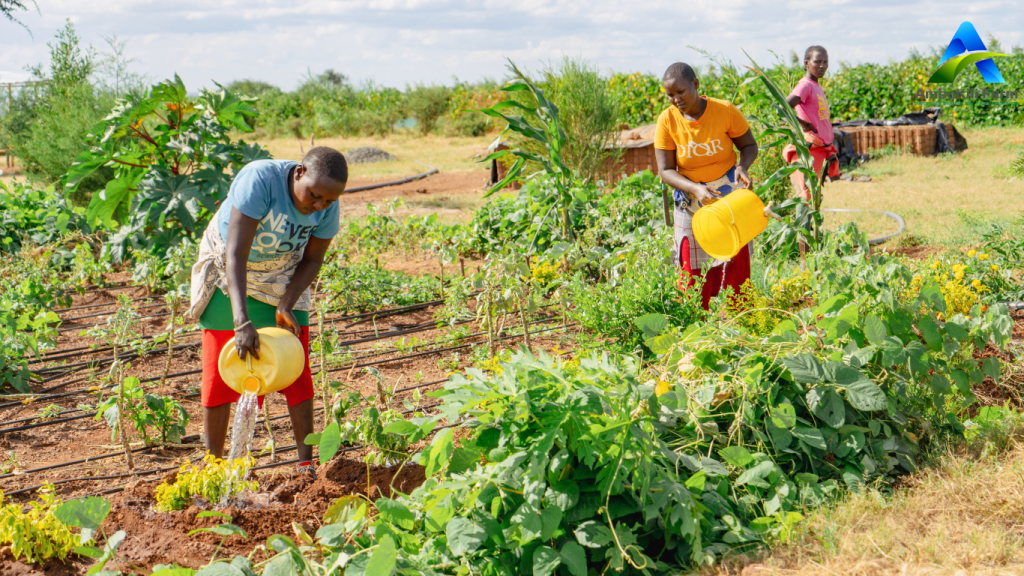
Globally, women account for nearly 43% of the agricultural labour force. In some parts of the world, particularly in Africa and Asia, this figure is even higher. Despite their significant presence, these women often work in poor conditions. Unlike their male counterparts, they have less access to land, credit, agricultural inputs, education, and technology, making […]
What is the True Cost of the Food You Eat?
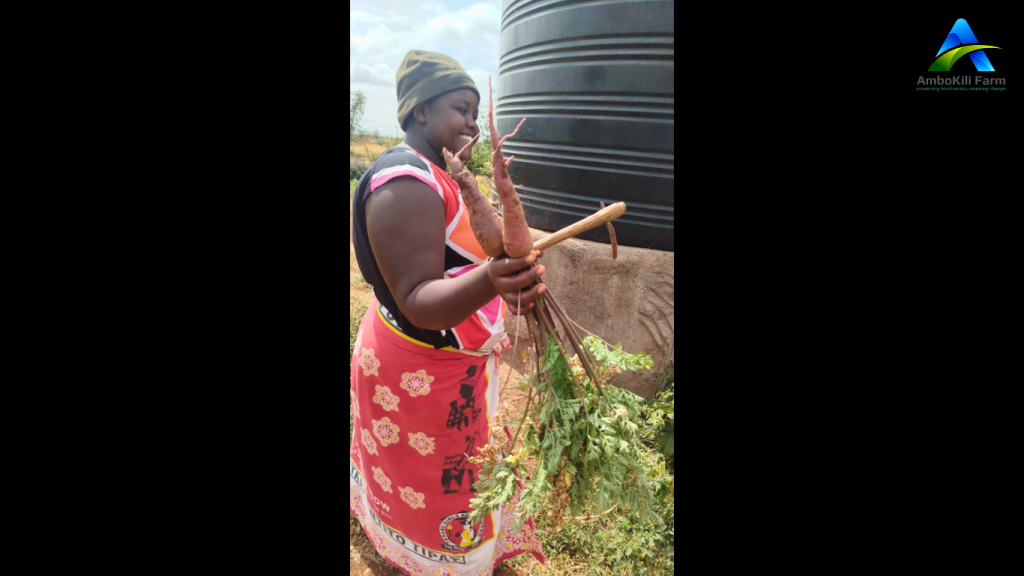
And Why Does Organic Food Cost More? When you stroll down the aisles of your local grocery store, you might notice that organic products often come with a higher price tag compared to their conventional counterparts. This price difference can be surprising, and it might leave you wondering: why does organic farming cost more? Understanding […]
Is It True That Organic Farming Uses More Land and is Bad for the Environment
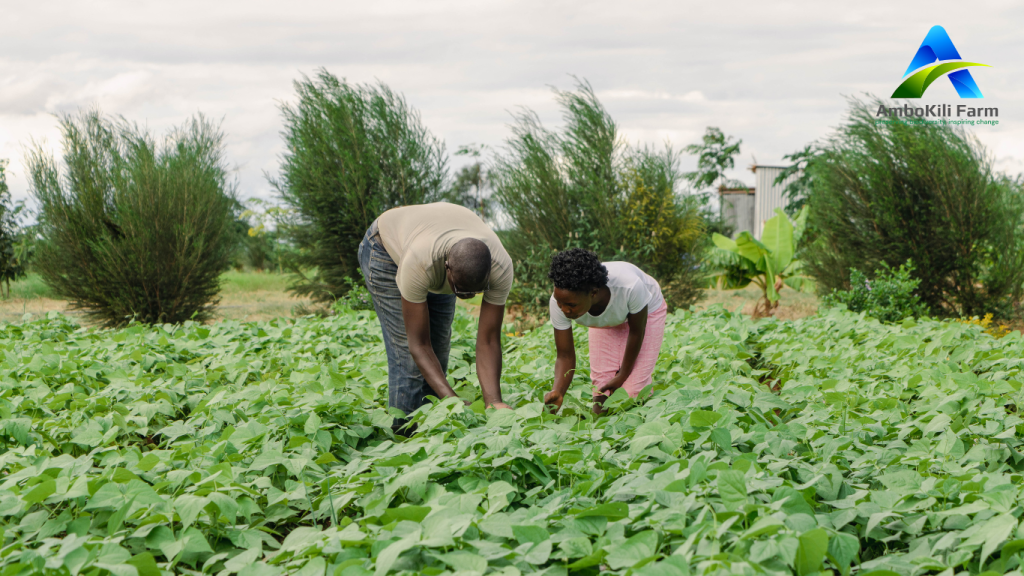
Organic farming is often heralded as the gold standard for sustainable agriculture, but is it truly the environmental savior it’s made out to be? Critics argue that organic farming is inefficient, requires more land, and could even be worse for the environment than conventional farming. These claims have sparked heated debates in agricultural circles, leaving […]
10 Ways Farmers Are Saving Water in Dry Areas: Lessons from Ambokili Farm
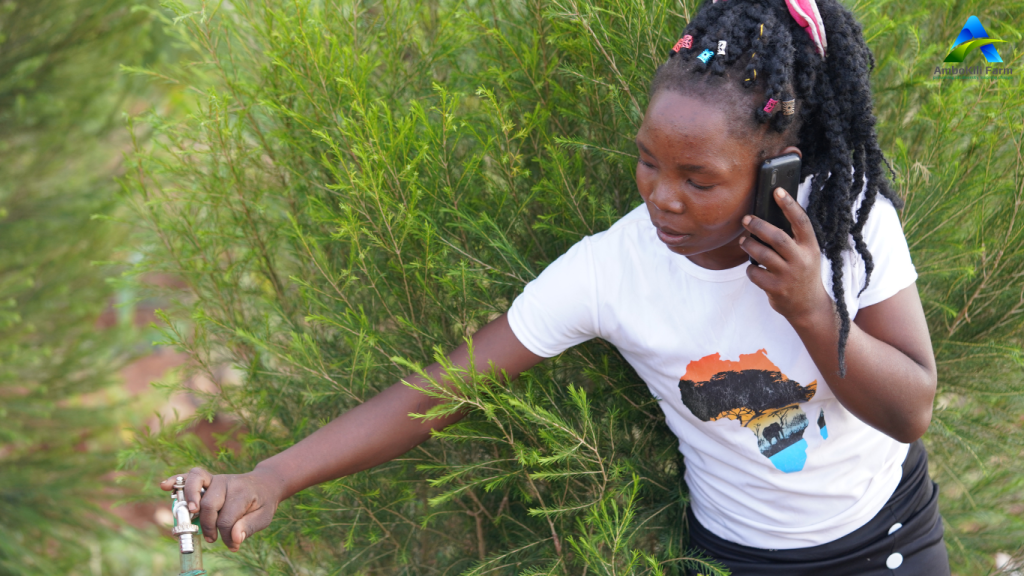
Water is life, especially in agriculture. In regions like Kimana, where Ambokili Farm is located, water scarcity poses a significant challenge to farming. Yet, even in these arid and semi-arid areas, farmers are finding innovative ways to conserve this precious resource. At Ambokili Farm, we believe in empowering every farmer with knowledge and practical solutions […]
Can Organic Food Feed the Growing World Population?
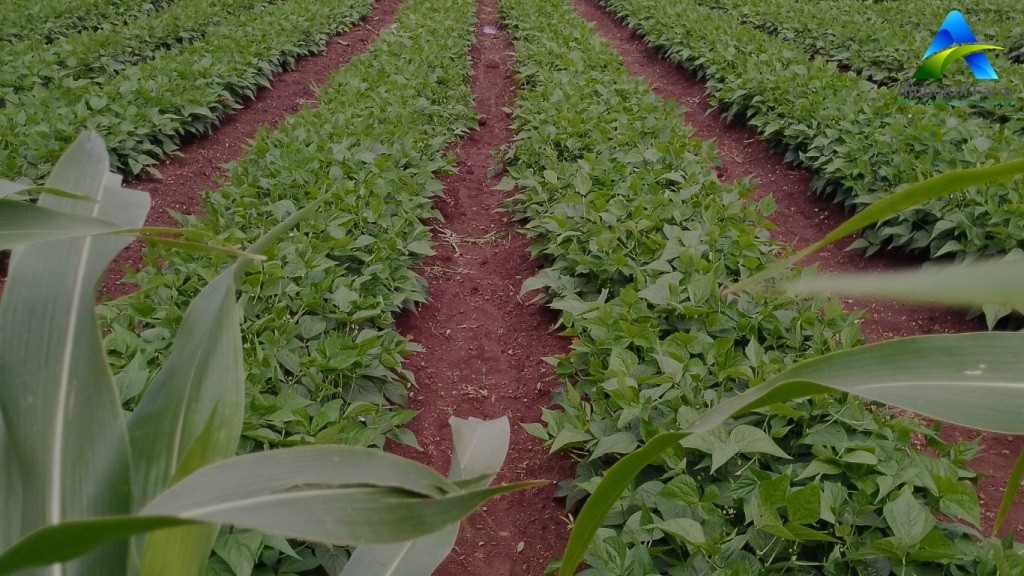
As the global population continues to rise, the question of how to feed billions of people sustainably becomes increasingly urgent. According to the United Nations (UNDESA), the world’s population is projected to reach 9.7 billion by 2050, placing unprecedented pressure on global food systems. Amidst this challenge, organic farming has been lauded for its environmental […]
Climate Resilience in Farming: Techniques for Adapting to Climate Change
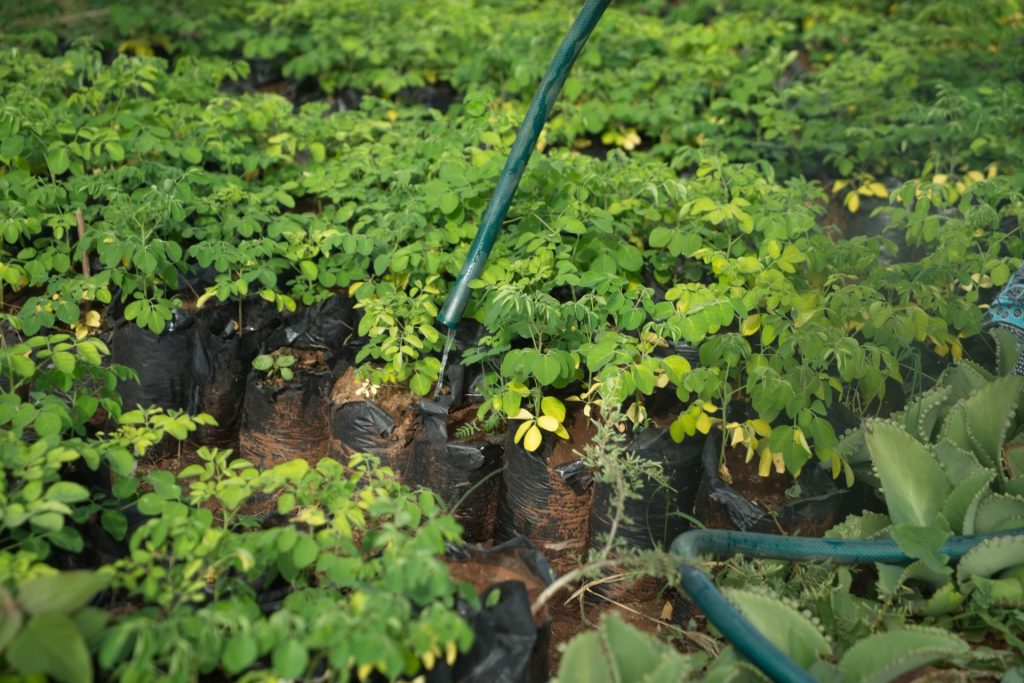
The world’s climate is changing, and agriculture – the foundation of our food systems – is feeling the brunt of it. Agriculture stands at the forefront of both vulnerability and opportunity. This translates to unpredictable weather patterns, extreme weather events, and disruptions in traditional growing seasons. For farmers, particularly those in semi-arid regions like Kimana, […]
Adapting to Climate Change: Essential Strategies for Sustainable Farming in ASAL Areas

Climate change is an ever-present challenge, particularly in arid and semi-arid lands (ASAL) like Kimana. The shifting climate patterns pose significant risks to agricultural productivity and food security.
The Environmental Impact of Proper Waste Management

The world produces around 2.01 billion tonnes of municipal solid waste annually. By 2050, this figure is projected to increase to 3.4 billion tonnes. Approximately 33% of this waste is not managed in an environmentally safe manner, leading to severe ecological consequences.
The Lifeline of ASAL Agriculture: Irrigation Systems
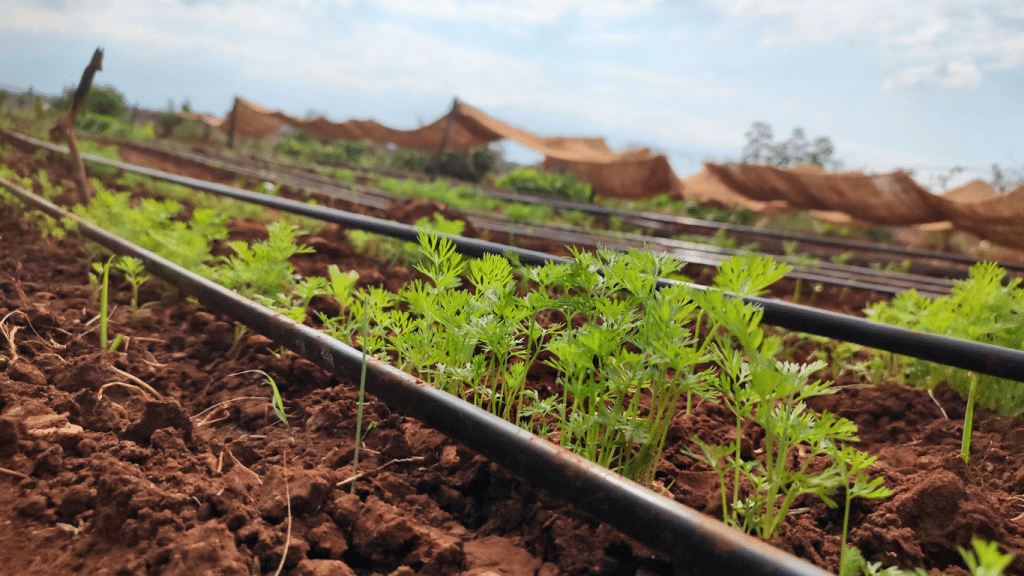
In arid and semi-arid lands (ASAL) like Kimana, the success of agricultural activities heavily relies on effective irrigation systems due to unreliable rainfall. These systems play a crucial role in ensuring that crops receive the necessary water to grow, especially in regions where rainfall is scarce and unpredictable.
